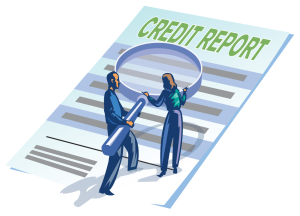 Today’s top story: What free college might actually look like. Also in the news: How to get rid of credit card debt by opening another card, how to fix credit report errors, and how to figure out the size of your next stimulus check.
Today’s top story: What free college might actually look like. Also in the news: How to get rid of credit card debt by opening another card, how to fix credit report errors, and how to figure out the size of your next stimulus check.
What Free College Might Actually Look Like
Separating fact from fiction.
One Way to Zap Credit Card Debt? Open Another Credit Card
Yes, getting a balance transfer credit card means yet another piece of plastic — only this kind may let you pay down debt over time at 0% interest.
Your Credit Report May Be Wrong — Here’s What to Do About It
Complaints about credit report issues surged in 2020. Here’s how to verify the data that makes up your credit score.
Figure Out the Size of Your Next Stimulus Check With These Calculators
See what you’ll get in the next round of checks.


